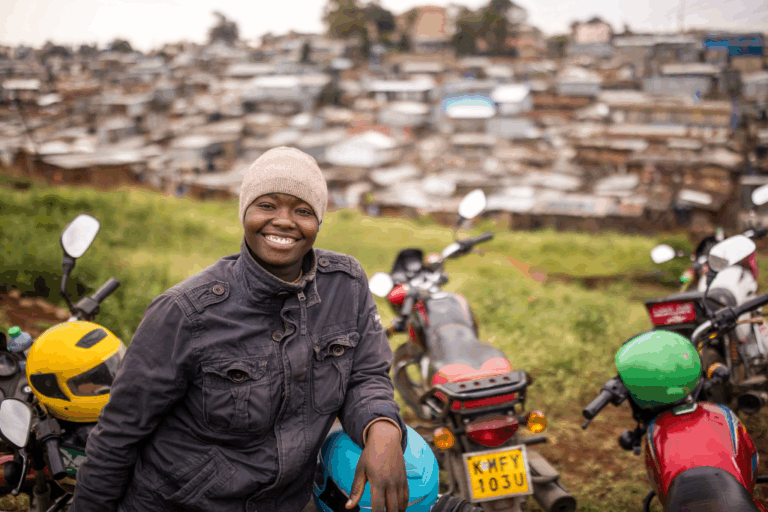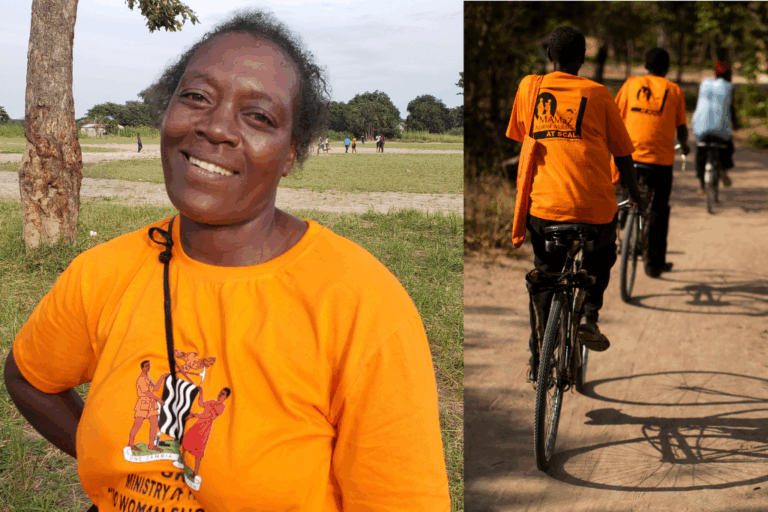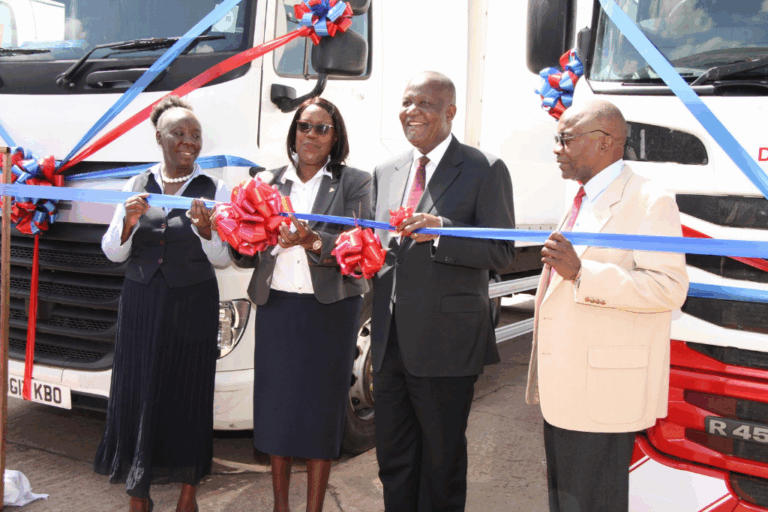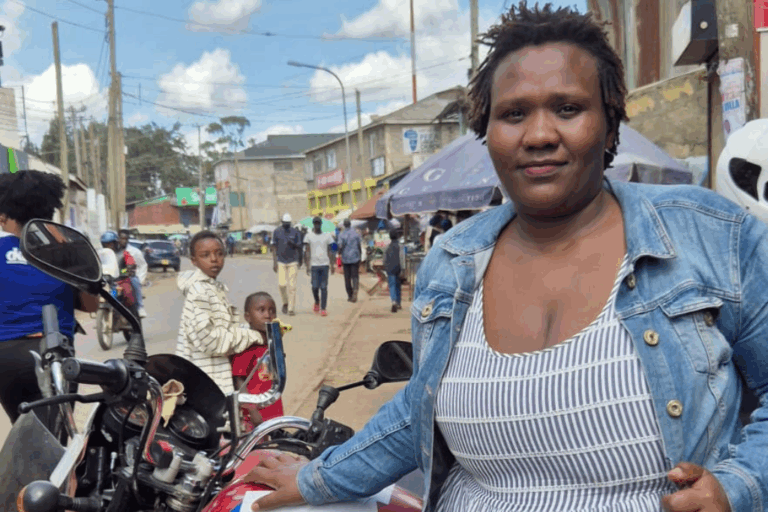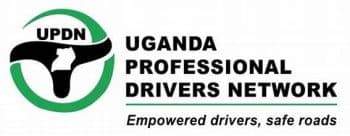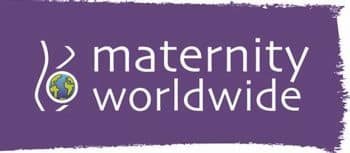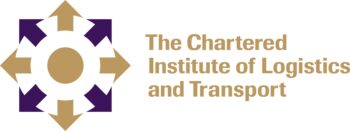
News

Philemon Kalunga, an ETS rider in Serenje District, Zambia
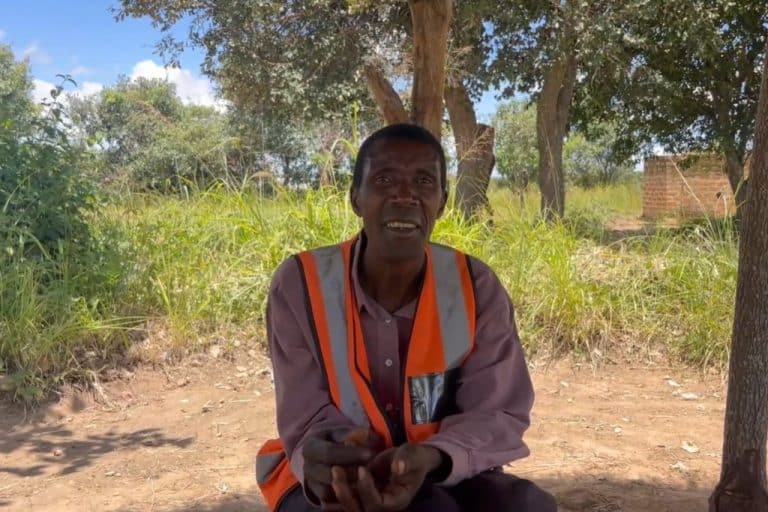
Philemon has been an ETS rider and bicycle ambulance custodian for eight years in Kabamba, a remote community in Serenje District, Zambia. After seeing many deaths and health problems in his community, Philemon decided to become an ETS rider and custodian to become part of the team and help his community.
Serenje District is a part of the Transaid-supported MAMaZ and MAMaZ Against Malaria programmes, which mobilise rural access to maternal health services and improve severe malaria case management. Like many riders, Philemon has transported pregnant women, children with severe malaria , and other patients.
One day, Philemon was called to a house where a pregnant mother had already delivered her child at home. When he arrived, he found that the family had covered the mother with a cloth, believing her to have died in childbirth. Philemon checked the woman using his ETS rider training and realised that she was still alive, albeit unconscious.
He transferred the woman and her newborn child to the bicycle ambulance and rode a challenging 13 kilometres to the nearest health facility, where they called an ambulance and transported her to the district hospital for further treatment.
The next morning, the hospital called Philemon to update him on the woman’s condition. She had been put on oxygen but the following day she had regained consciousness. Both the mother and child survived and have fully recovered. Without Philemon’s intervention and access to the bicycle ambulance, the mother would have died.
“Both of them are alive, she’s alive, and the baby is alive. I feel good.”
Philemon is proud to be an ETS rider and his family have accepted his role and are proud of him. He says, “I am sharing this because I have seen the impact the bicycle ambulance has on the communities. We have benefitted from the investment- it is working.”
“I appreciate the MAMaZ programme and Transaid for bringing this kind of project to our community. Before that, we used to lose families. Now, the bicycle ambulances are transporting pregnant mothers and malaria cases and lives are being saved. So, I am really very proud of what MAMaZ and the team are doing.”
The Mobilising Access to Maternal Health Services in Zambia (MAMaZ) and further follow up programmes were delivered in the period 2010 – 2021 by a consortium of partners and aimed to improve access to healthcare services and life-saving medical treatment in remote regions of Zambia.
The bicycle ambulance was established as an Emergency Transport System (ETS) in a context where there are limited formal ambulance services. Staffed by volunteer riders and custodians, they provide a vital link between rural communities and health services.
Download Philemon’s story as a PDF here.
Recent Posts




